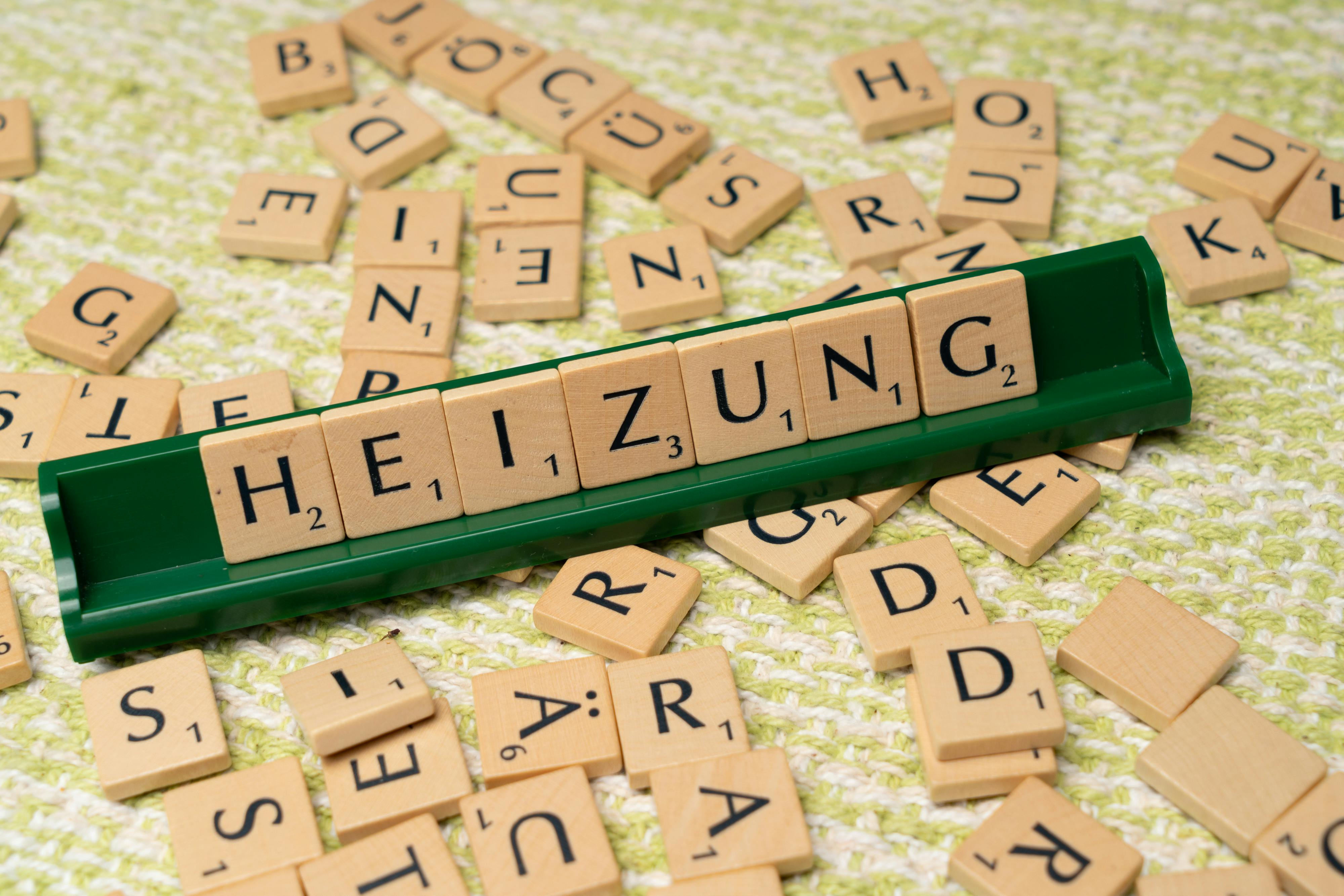
Introduction
Experiencing strange sounds from your central heating system could be quite unsettling. One frequent issue homeowners may confront is a whistling radiator. But why does your central heating radiator whistle, and how can you fix it? In this comprehensive guide, "Understanding & Troubleshooting: Why Your Central Heating Radiator Whistles," we delve into the root causes of this disturbing noise and propose effective solutions to alleviate this inconvenience.
The Puzzling Whistling Sound: Its Nature and Causes
When your radiator starts producing the unusual whistling noise, it signifies a problem. However, the question is, "Why is my radiator whistling?" Understanding the root cause is the first step toward troubleshooting this issue.
A whistling radiator is essentially not functioning as it should, primarily due to the presence of air in the system or an issue with the pressure. The central heating system is designed to be airtight, circulating the hot water efficiently throughout your space. However, if air manages to infiltrate the system, it can result in inefficiencies, one common manifestation of which is the annoying whistling sound.
Excessive pressure may also cause your radiator to whistle. When the radiator pressure is higher than usual, it forces the system to work harder to circulate water, leading to various strange noises, including the ominous whistle.
Dealing with Air Trapped in the System
Air trapped in your central heating radiator can be a significant cause of the whistling sound. It's crucial to understand that a radiator operates through circulating hot water, and any trapped air can cause temperature fluctuations and noise issues. Luckily, the process of bleeding the radiator can effectively eliminate the trapped air, restoring the system's functionality.
To bleed the radiator, you'll need a radiator key or a screwdriver. The process involves opening the bleed valve to let out trapped air. However, remember to place a pan or cloth underneath to catch any water that might escape. After this procedure, the whistling sound should cease if air in the system was indeed the problem.
Addressing Pressure-Related Problems
If your radiator's whistling isn't due to trapped air, then pressure may be the culprit. But how do you cope with this issue?
Before taking any steps, it's advisable to check the boiler's pressure gauge. If it's over 1.5 bar when idle, the pressure is indeed excessive. To rectify this, you'll have to 'vent' the system and relieve some of this surplus pressure. However, adjusting the heating system's pressure is a complex task that requires expertise in this area. Therefore, for safety and peace of mind, this job is best left to heating professionals.
Ensuring Proper Radiator Maintenance
Maintenance is key to proactively preventing your radiator from whistling. The central heating system requires regular maintenance to ensure its efficiency and extend its lifespan. Undertake periodic shaking of the radiators to dislodge any trapped air, ensure that the system's pressure remains at optimal levels, and conduct regular professional servicing.
Remember, swift action in response to a whistling radiator can prevent further complications. Delaying could lead to escalating problems, risking significant damage to the heating system.
Conclusion
Understanding why your central heating radiator whistles and how to troubleshoot it is vital in maintaining your heating system's effectiveness and preserving your home comfort. Remember to routinely monitor your system and take note of any unusual noises emanating from it. When in doubt, it's always safe and advisable to consult a professional. An effective central heating system not only provides exceptional comfort but also contributes to efficient energy use and a more eco-friendly home.
Keep enjoying the warmth and cozy vibrations of your home and don't let a whistling radiator ruin your peace. Act promptly and wisely!